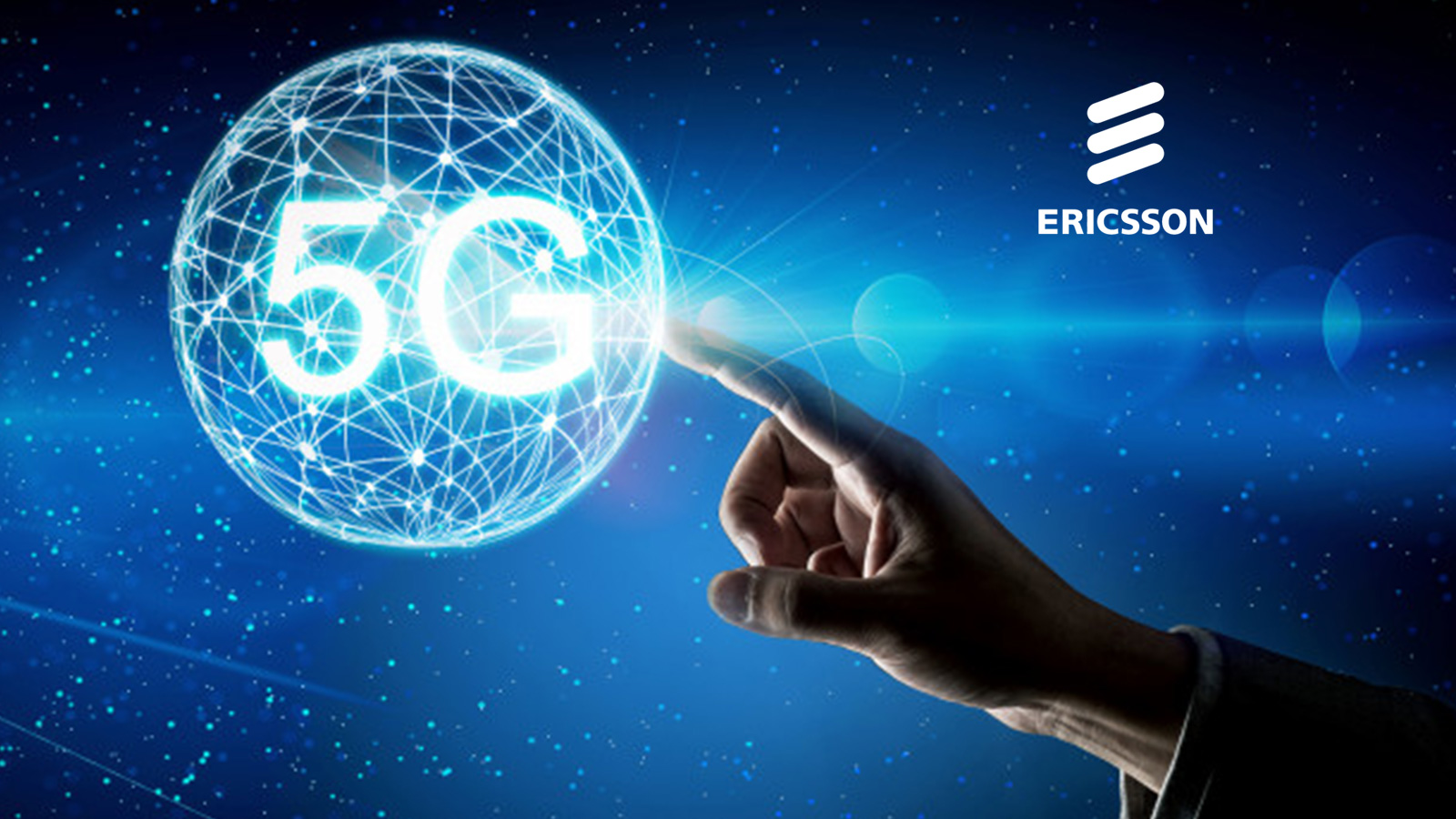Telecommunications has been a game-changer for the entertainment industry, revolutionizing how we consume and experience our favorite movies, shows, and games. From streaming services to virtual reality experiences, telecommunications technology is playing a pivotal role in shaping the future of entertainment in the US. In this blog post, we’ll explore how telecoms are transforming the way we access content and what it means for the future of entertainment as a whole. So sit back, relax, and get ready to discover just how much telecoms are changing your viewing habits!
The Rise of Streaming Services
The rise of streaming services has completely changed the landscape of entertainment in the United States. Instead of having to physically purchase movies and television shows, consumers can now watch them through services like Netflix, Hulu, and Amazon Prime. This not only saves users time, but it also allows them to access content that they may not have been able to find before.
One of the main reasons for this change is the advent of internet streaming. Prior to streaming services, most people had to rely on cable or satellite TV providers in order to get their favorite shows. These providers would typically bundle together a variety of channels that were all designed to appeal to specific audiences. However, with streaming services, viewers can choose which channel they want to watch and then pick up where they left off regardless of whether they are continuing from a previous episode or watching an entire series for the first time.
Another important factor contributing to the rise of streaming services is the way in which technology is changing. Nowadays, there are more options available than ever before when it comes to accessing content. For example, users can now watch movies and television shows online or on their phones without having to leave their homes. This makes streaming much more convenient for people who want to catch up on their favorite shows without having to worry about getting out into the world.
Overall, streaming services have completely changed how people consume entertainment and what they are willing to pay for it. They have also made it much easier for people who don’t
The Role of Telecommunications in Shaping the Future of Entertainment
Telecommunications have played an important role in shaping the future of entertainment, both domestically and globally. Domestic developments include the growth of streaming services such as Netflix and Hulu, which have replaced traditional cable television subscriptions. Meanwhile, advancements in technology have led to new ways for people to experience entertainment, including through virtual reality and augmented reality.
Internationally, telecommunications have helped fuel the growth of streaming services such as Netflix and Hulu. In addition, advances in technology have allowed for new forms of entertainment to emerge, such as masala movies (Indian epics that are made for international audiences) and anime (Japanese animation). These developments are important because they offer a broader range of content options for viewers across different cultures.
The Impact of Telecommunications on the Future of Entertainment
In the past decade, telecommunications have taken a central role in shaping the future of entertainment. Telecommunications providers, such as Verizon and AT&T, have made huge investments in new technologies and services that enable them to create new ways for their customers to enjoy entertainment.
The impact of telecommunications on the future of entertainment has been particularly pronounced in the United States. In recent years, telecommunications companies have revolutionized the way Americans consume content by introducing new platforms and services like streaming video and mobile gaming. These innovations have given American consumers more choice and flexibility when it comes to accessing entertainment content.
This trend is likely to continue as telecommunications providers continue to invest in new technologies that can improve our experience when consuming content. For example, Verizon’s Project Fi offers subscribers access to both wireless and wireline networks so they can choose which service works best for them. This approach gives users more control over their data plans and allows them to access a wider range of online content options.
These advances underscore the importance of telecommunications in shaping the future of entertainment. Providers like Verizon are working hard to ensure that consumers have access to the latest digital technologies and trends so they can continue enjoying quality entertainment experiences.
Conclusion
The role of telecommunications in shaping the future of entertainment has come into great focus in recent years. From streaming services to virtual reality, telecommunications are playing a major role in how we experience and consume entertainment. The future looks bright for telecommunications providers as they continue to innovate and shape the way we enjoy our favorite forms of entertainment.









